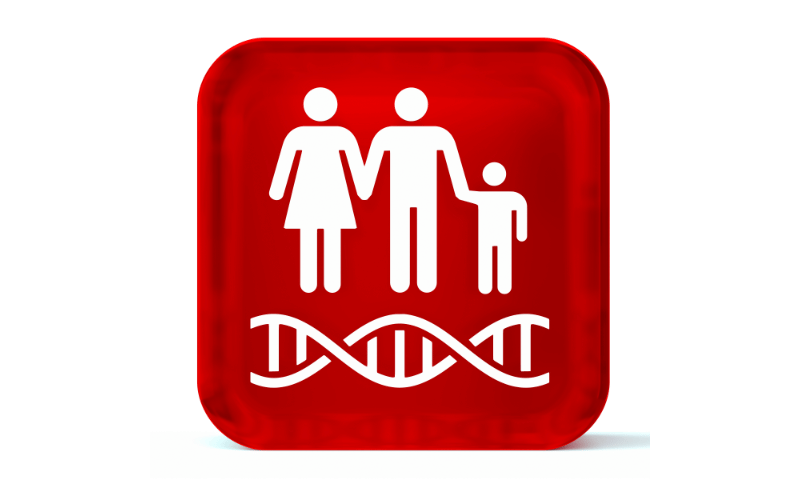Cause 13: Certain Genetic Conditions
In some cases, Hypokalemia can be traced back to specific genetic conditions that disrupt the body’s ability to maintain normal potassium levels. These inherited disorders can manifest in various ways and often involve defects in specific proteins or channels responsible for potassium transport.
One such condition is Gitelman syndrome, an autosomal recessive disorder characterized by mutations in the SLC12A3 gene. This gene encodes a protein involved in the reabsorption of sodium and chloride in the kidneys. The impaired function of this protein leads to excessive excretion of potassium in the urine, resulting in Hypokalemia.
Another genetic disorder associated with Hypokalemia is Bartter syndrome, which encompasses several subtypes. Bartter syndrome is characterized by defects in certain ion channels or transporters in the kidneys, disrupting the reabsorption of sodium, chloride, and potassium. The specific subtype determines the severity of symptoms and the age of onset.(*)
